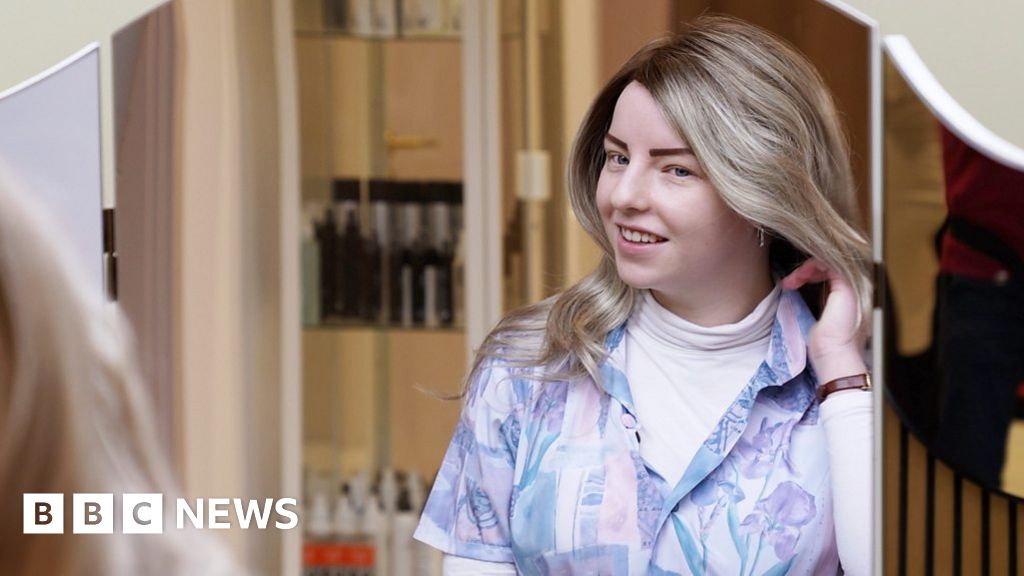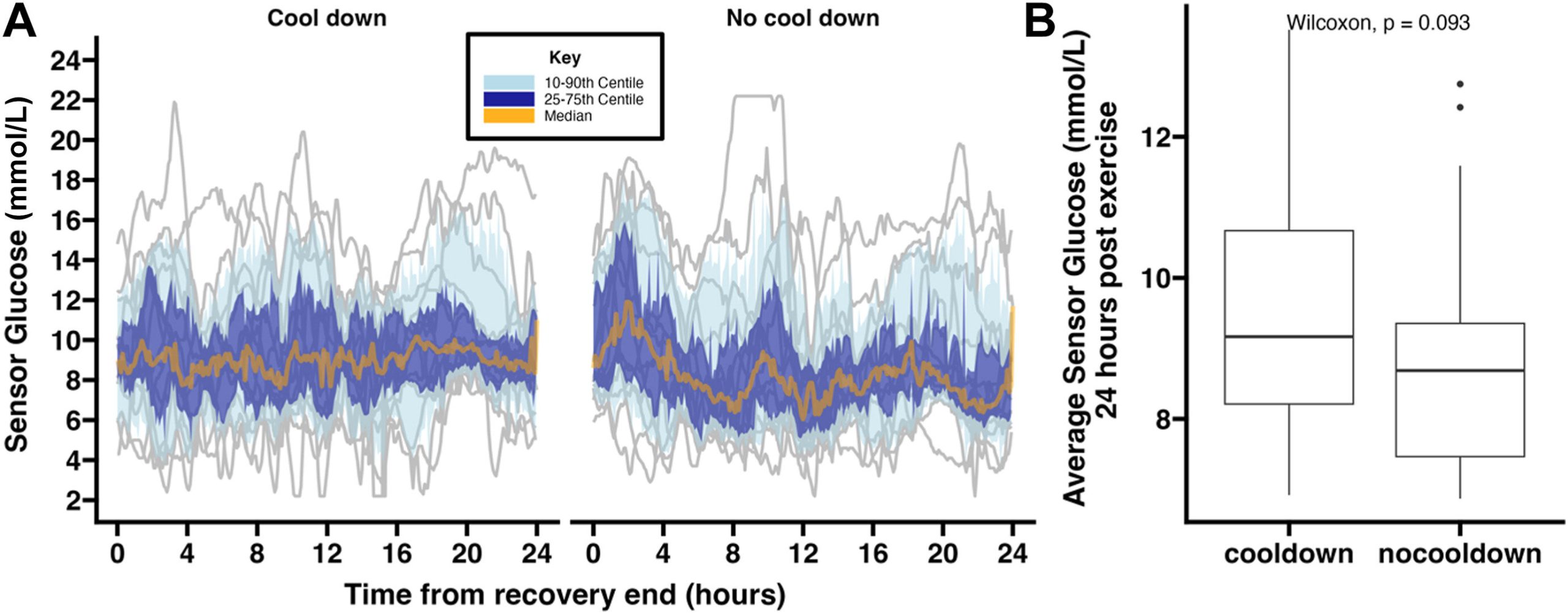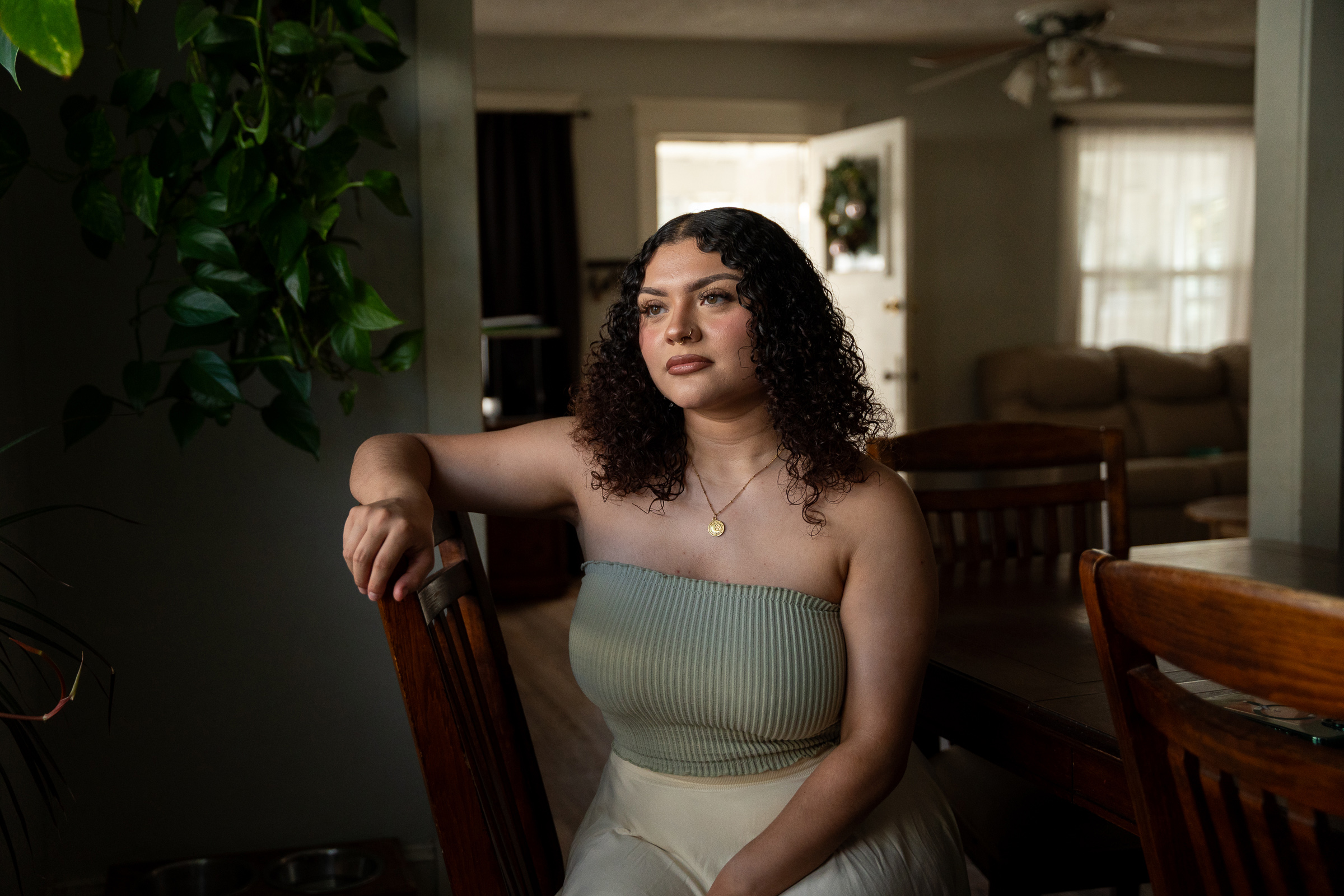People living with one of the most common types of alopecia could soon have access to treatment on the NHS in Scotland for the first time.
The drug – called Ritlecitinib – will go before the Scottish Medicines Consortium this week after it was approved for NHS use in England last month.
Although the daily pill won’t cure the condition, it could provide treatment to some who have severe alopecia areata, like 21-year-old Megan McCready, from Clydebank.
Since her diagnosis at the age of 12, Megan has learned to embrace her condition and now supports other young people going through the same thing.
Video by Morgan Spence and Hazel Martin



